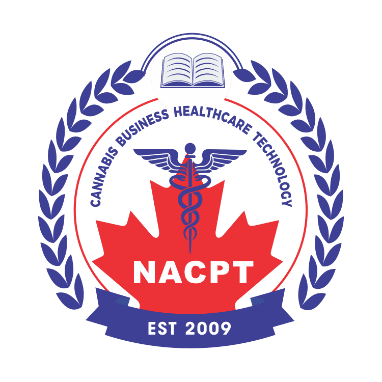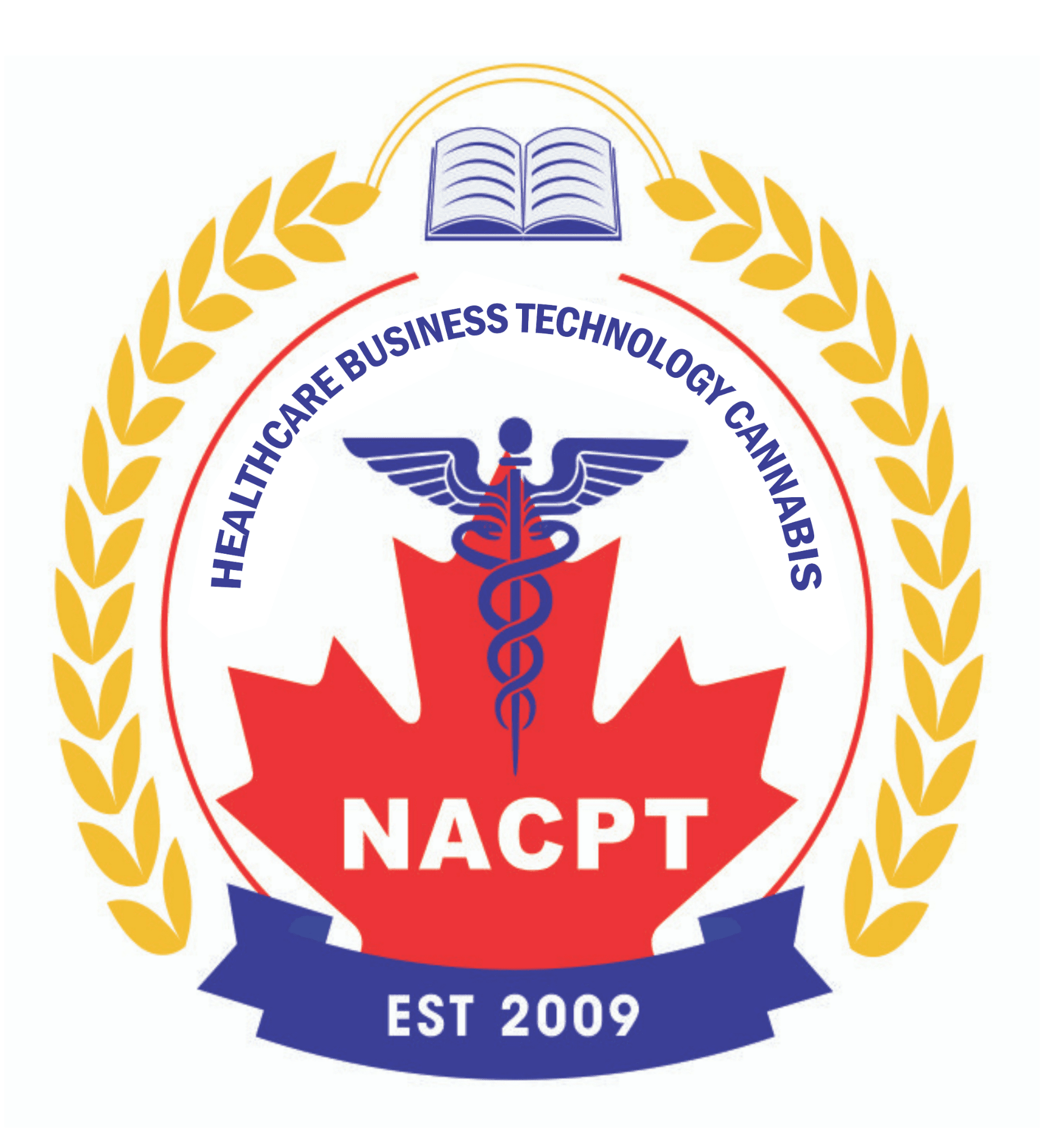- Home
- About Us
- Diploma Programs
- Certificates
- Cannabis
- Healthcare
- Pharmaceutical
- Corporate Training
- CannSell Expert Certification
- Information Technology
- ESL Program
- Psychedelics
- Food Handler Certification
- Apply
- Student Services
- Events
- Blogs
- R&D
The global legal cannabis market is expected to reach USD 84.0 billion by the end of 2028 according to a new report by Grand View Research, Inc. The growing use of cannabis in a number of medical areas such as cancer, mental disorders and chronic pain is expected to drive revenue growth in the near future. With the legalization of cannabis and the change in focus from recreational to medicinal, the need to ensure quality control and standardized testing will become paramount.
The cannabis testing market revenue, according to a 2019 Global Market Insights, Inc. report will surpass USD 2 billion by 2025. The market size from chromatography technology segment itself is expected to reach USD 1.5 billion by 2025 due to the growing application of these techniques in potency testing of cannabis.
Employment in Canada’s pharmaceutical industry, on the other hand, grew by 10.5% over the last 5 years according to Statistics Canada. In 2018, the manufacturing portion of Canada’s pharmaceutical sector itself employed an average of approximately 30,000 people.
Quality Control (QC) is product oriented and focuses on the testing of samples, e.g. from the manufacturing process to ensure they meet the required specifications and standards. The completion of this quality check ensures that the final product is safe to release for sale or distribution. This sample testing is done in a laboratory. Therefore, the people who work in QC usually have a science/laboratory background.
Examples of jobs in this category include:
Some companies might call this role QC Chemist, QC Associate, QC Technician or QC Specialist. QC Analysts tests products to ensure that they meet predefined criteria. In your role as a QC Technician working in the cannabis industry, for example, you will be responsible for monitoring and quality control of cannabis production. You will also be responsible for ensuring compliance with internal Standard Operating Procedures (SOP’s), Good Production Practices (GPP) and Good Manufacturing Practices (GMP).
QC Manager supervises staff and oversees product development procedures to ensure that products meet quality and efficiency standards. The QC Manager will also work with clients to ensure the final products meet their needs and requirements. As a QC Manager you will be responsible in ensuring the manufacturing production lines are running smoothly. You will also ensure that you are generating a consistently suitable output of products that meet quality and efficiency standards. You as a QC Manager will understand the customer’s needs and requirements. You will coordinate employee efforts and communications between management and the production teams. Your responsibilities will also include performing some business administration and human resource duties.
QC Analysts are required to have a good attention to detail and the ability to work both in a team and independently. You should also be capable of working sometimes in very fast paced and high-pressured environments. For a role where experience is required, proven knowledge of methods/techniques such as HPLC, GC, and MS will be required. Experience of having mentored, trained, supervised or managed other staff may help in career progression.
To be successful as a Quality Control Manager, you should have excellent communication and listening skills, with strong observational, analytical, and problem-solving skills. You should understand regulatory compliance and be skilled in understanding scientific and technical data.
The following table extracted from “The Canadian Online Job Posting Dashboard” shows work requirements associated with the chemist occupation. This is an interactive tool allowing users to explore timely detailed labor market information related to online job postings by occupation, geography, time period and work requirements.
|
Rank |
Category |
Requirement |
Occurrence in Occupation |
|
1 |
Skills |
Communication skills |
51.0 |
|
2 |
Skills |
Teamwork |
39.2 |
|
3 |
Knowledge |
Current Good Manufacturing Practice (GMP/cGMP) |
29.4 |
|
4 |
Other |
Attention to detail |
25.5 |
|
5 |
Knowledge |
English language |
23.5 |
|
6 |
Tools and technology |
Microsoft Excel |
21.6 |
|
7 |
Tools and technology |
Microsoft Office |
21.6 |
|
8 |
Other |
Fast-paced Setting |
19.6 |
|
9 |
Skills |
Leadership |
19.6 |
|
10 |
Knowledge |
Quality assurance |
17.6 |
|
11 |
Skills |
Troubleshooting |
17.6 |
|
12 |
Tools and technology |
Microsoft Word |
17.6 |
|
13 |
Skills |
Interpersonal skills |
15.7 |
|
14 |
Skills |
Problem-solving |
15.7 |
|
15 |
Skills |
Time management |
13.7 |
|
16 |
Knowledge |
French language |
11.8 |
|
17 |
Skills |
Analytical skills |
11.8 |
|
18 |
Skills |
Decision-Making |
11.8 |
|
19 |
Skills |
Organizational skills |
11.8 |
|
20 |
Knowledge |
Bilingual |
9.8 |
|
21 |
Knowledge |
Occupational Health and Safety Act |
9.8 |
|
22 |
Tools and technology |
Microsoft PowerPoint |
9.8 |
|
23 |
Other |
Flexibility |
7.8 |
|
24 |
Skills |
Data analysis |
7.8 |
|
25 |
Skills |
Supervisory skills |
7.8 |
|
26 |
Tools and technology |
Microsoft Outlook |
7.8 |
|
27 |
Knowledge |
International Council Harmonisation ICH guidelines |
5.9 |
|
28 |
Other |
Self-starter / Self-motivated |
5.9 |
|
29 |
Skills |
Customer Service |
5.9 |
|
30 |
Skills |
Planning |
5.9 |
|
31 |
Skills |
Project management |
5.9 |
|
32 |
Skills |
Writing |
5.9 |
People working as quality control chemists have different job prospects depending on where they work in Canada. The following table was extracted from Job Bank, Government of Canada’s leading source of jobs and labor market information in Canada. These prospects are applicable to all Chemists (NOC 2112) and were published in December 2019 based on information available at that time.
Job opportunities over the next 3 years:
|
Location |
Job prospects |
|
Fair |
|
|
Fair |
|
|
Fair |
|
|
Fair |
|
|
Undetermined |
|
|
Undetermined |
|
|
Fair |
|
|
Undetermined |
|
|
Fair |
|
|
Good |
|
|
Good |
|
|
Fair |
|
|
Undetermined |
Undetermined: An employment outlook has not been assigned to this occupation in this region due to low levels of employment.
Fair: The following factors contributed to this outlook:
Good: The following factors contributed to this outlook:
According to Government of Canada Job Bank website, chemists usually earn between $22.00/hour and $50.38/hour in Canada. People working as a “quality control chemist” are part of this group.
The following table extracted from Government of Canada Job Bank website, lists how much workers earned in different provinces and regions in Canada.
|
Wage Report |
|||
|
Community/Area |
Wages ($/hour) |
||
|
Low |
Median |
High |
|
|
Canada |
22.00 |
33.65 |
50.38 |
|
24.04 |
40.96 |
53.85 |
|
|
18.00 |
33.71 |
59.92 |
|
|
19.71 |
36.06 |
47.18 |
|
|
25.96 |
34.44 |
44.62 |
|
|
N/A |
N/A |
N/A |
|
|
N/A |
N/A |
N/A |
|
|
25.96 |
34.44 |
44.62 |
|
|
N/A |
N/A |
N/A |
|
|
22.36 |
35.90 |
51.28 |
|
|
25.96 |
34.44 |
44.62 |
|
|
23.00 |
31.25 |
48.08 |
|
|
N/A |
N/A |
N/A |
|
|
N/A |
N/A |
N/A |
|
Job seekers targeting QC jobs may need experience in a particular field of chemistry such as pharmaceutical, industrial chemicals, or organic chemistry. According to Government of Canada Job Bank website, those with knowledge of various sampling techniques and familiarity with analytical chemistry, chromatography, and spectroscopy will likely have more favorable job prospects. Chemists who are working in manufacturing environments will require being familiar with Good Manufacturing Practices (GMP) and other regulatory standards. Job seekers who have experience with Laboratory Information Management System (LIMS) and writing technical reports, for example, will likely fare better in the labor market, according to Job Bank.
NACPT provides it’s graduates with maximum access to various companies through job fairs, direct access to employers, practical placements, internships, co-ops, alumni events, networking events, industrials workshops, and conferences. Over the years, NACPT has brought in a greatest number of recruiting companies including its partnered companies, to place its students in safe and secure firms.
For further details see: Student Hired Companies
NACPT trains its students with sufficient and updated industrial skills. This enables NACPT students to secure maximum employment opportunities in various sectors including leading cannabis, pharmaceutical, biotechnology, nutraceutical, food, cosmetic and medical device companies, just to name a few.
NACPT also conducts a unique job/development program for its students. This program which is optional and for free is led and delivered by NACPT’s team of expert faculties to equip the students with all the potentials required in the industry. In this program, NACPT’s graduates are given an opportunity to work with a career coach on a one-to-one basis. Hands-on training is given to the students during the training sessions. As part of the job development program, NACPT graduates are also given access to network with industry experts, career coaches and employment centers through workshops, alumni events, and guest speaker sessions from the industry. For further details see: Job Development (nacptpharmacollege.com).
NACPT is a leading career college in Canada that provides in-depth skill training in pharmaceutical, cannabis, business, technology and related fields to maximize the job and business opportunities within the target industries. NACPT has offered specialized Certificate, Graduate and Postgraduate diploma programs in the pharmaceutical and cannabis industries for over ten years. We also offer various cannabis skills training and business incubation programs in the related industries. As a college with affiliations of highly reputable organizations, NACPT provides analytical testing, consulting services and research & development in the pharmaceutical, cannabis and other sectors.
Find a few of our programs below:

Medical Office Administration
Medical Office Administration











